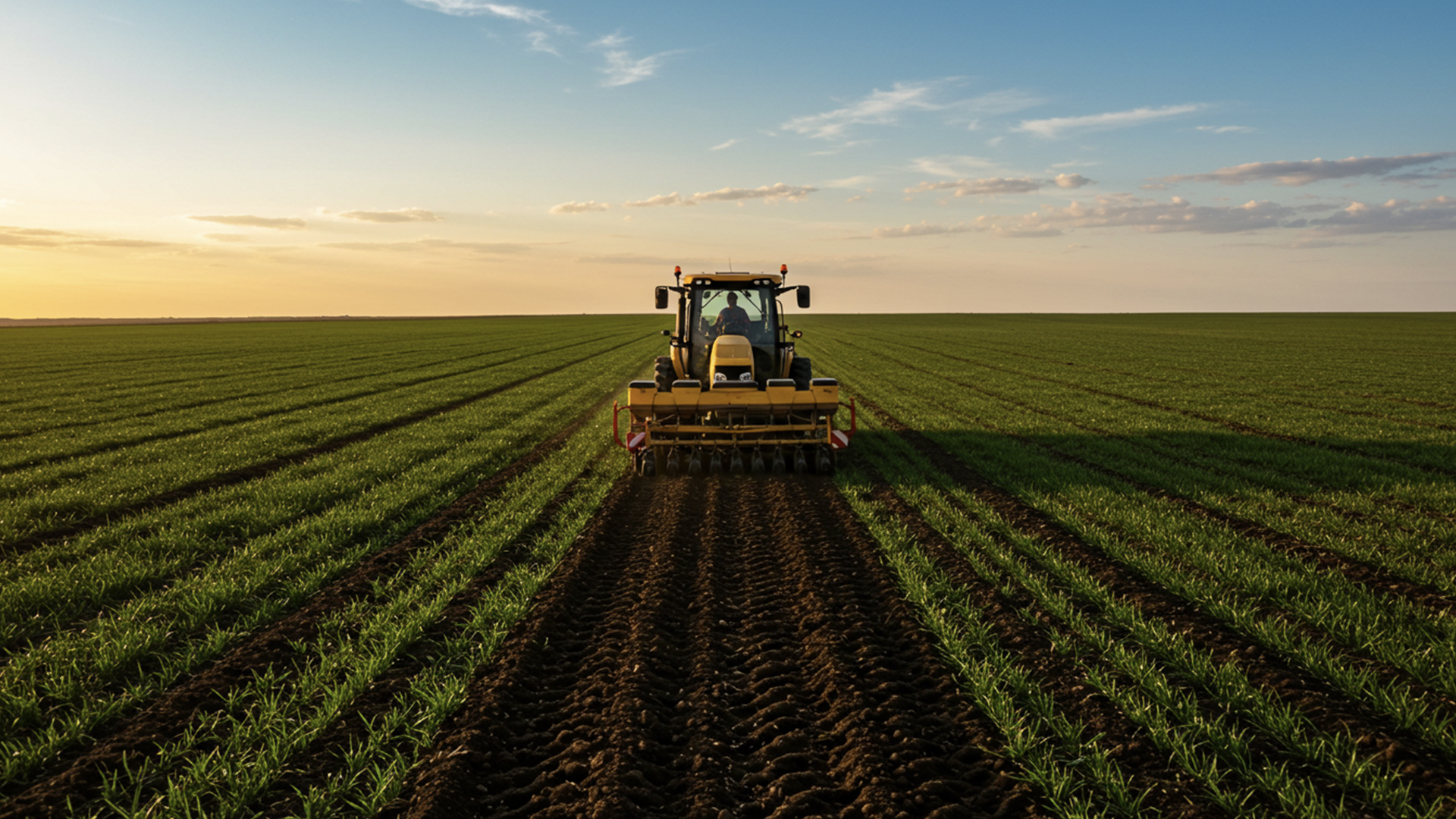The Importance of Sustainability in Food Production, Agricultural Reform, and the Future of Nutrition
13 Mayıs 2025The Importance of Sustainability in Food Production, Agricultural Reform, and the Future of Nutrition
In the 21st century, we are facing some of the biggest global challenges such as food security, climate change, and the depletion of natural resources. With rising populations, urbanization, and industrialization, the world is struggling more than ever to provide sufficient and healthy food for everyone. This is where the concept of sustainability in food production becomes critical.
This issue has environmental, economic, and social dimensions and requires a complete transformation of the systems that shape the future of agriculture and nutrition. Let’s explore the impact of agricultural reform, technological innovations, and sustainable nutrition trends.
Why Is Sustainability in Food Production So Important?
According to the World Bank, global agriculture accounts for 70% of freshwater use and 40% of land use. It also contributes about 25% of total greenhouse gas emissions. This means that agriculture is both part of the problem and the solution.
Sustainable food production aims to meet today's food needs without compromising the environment or the needs of future generations. It not only protects ecosystems but also ensures long-term agricultural productivity and economic viability.
For example, organic farming supports soil health by reducing chemical fertilizers and pesticides. Local production systems reduce the carbon footprint associated with transportation.
Agricultural Reform: From Tradition to Innovation
Traditional farming methods can no longer meet the growing global food demand. That’s why countries are implementing agricultural reform policies to create more efficient, eco-friendly, and tech-integrated food systems.
- Digitization in Agriculture
With smart farming technologies, farmers can monitor real-time data such as soil moisture, weather patterns, and crop health. This allows for more precise use of water and chemicals. Technologies like satellite imaging, IoT sensors, and AI-powered analysis are revolutionizing agricultural efficiency. - Use of Renewable Energy
Using renewable energy in agriculture helps reduce costs and environmental impacts. For example, solar-powered irrigation systems reduce fossil fuel use. At Biotrend Energy, we convert agricultural waste into clean energy with biomass energy solutions, contributing to sustainable production. - Empowering Small Farmers
Supporting small-scale farmers is vital to build resilient local food systems and ensure equitable sustainability. Financial incentives, cooperatives, and digital education programs are key strategies.
The Future of Nutrition: What We Eat and What We Will Eat
The global push for sustainability is transforming not only how food is produced but also how it is consumed. Consumers are increasingly concerned not just about the nutritional value but also about the environmental impact of their food choices.
- Plant-Based Nutrition
Plant-based diets are becoming more popular not only for health reasons but also to reduce environmental impact. Plant proteins, milk alternatives, and meat substitutes are gaining ground globally. - Alternative Food Sources
Lab-grown meat, insect-based proteins, and even edible algae are emerging as future food sources that require less water, land, and energy. - Reducing Food Waste
Nearly one-third of all food produced globally is wasted. This is a major issue both economically and environmentally. Sustainable food systems promote waste recovery, reuse, and composting. At Biotrend Energy, we turn food waste into biomass energy, supporting the circular economy.
Sustainable Agriculture and Food Policy in Turkey
Turkey has vast agricultural potential thanks to its diverse geography and favorable climate. However, structural challenges remain. The country is focusing on agricultural subsidies, use of local seeds, modern irrigation infrastructure, and organic farming incentives to promote sustainability.
Agricultural R&D, climate-resilient production models, and rural development programs are key pillars of this transformation.
Conclusion: A Shared Responsibility for Our Shared Future
Food production involves the interaction of many sectors including agriculture, energy, climate, economy, and society. Therefore, sustainability in food production requires contributions from individuals, policymakers, scientists, and companies alike.
At Biotrend Energy, we are proud to turn organic waste from agriculture into clean energy, contributing to circular economy principles and a cleaner future. Let’s work together for a sustainable tomorrow.





